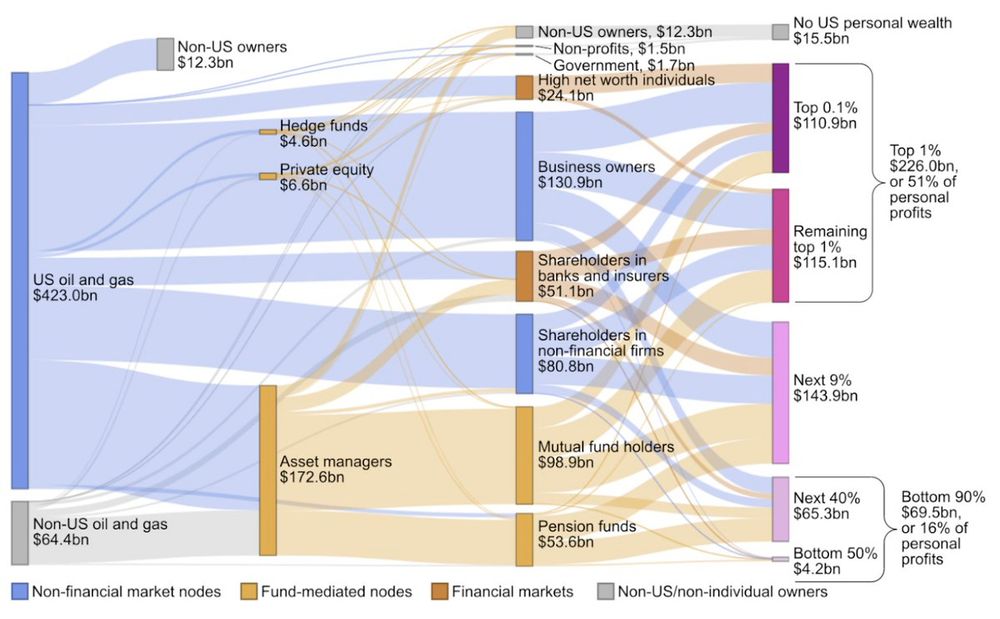Alexandros Kentikelenis
@akentikelenis.bsky.social
740 followers
470 following
21 posts
Social scientist. Interested in political economy, international development, and public health.
www.kentikelenis.net
Posts
Media
Videos
Starter Packs
Reposted by Alexandros Kentikelenis
Reposted by Alexandros Kentikelenis
Reposted by Alexandros Kentikelenis
Reposted by Alexandros Kentikelenis















